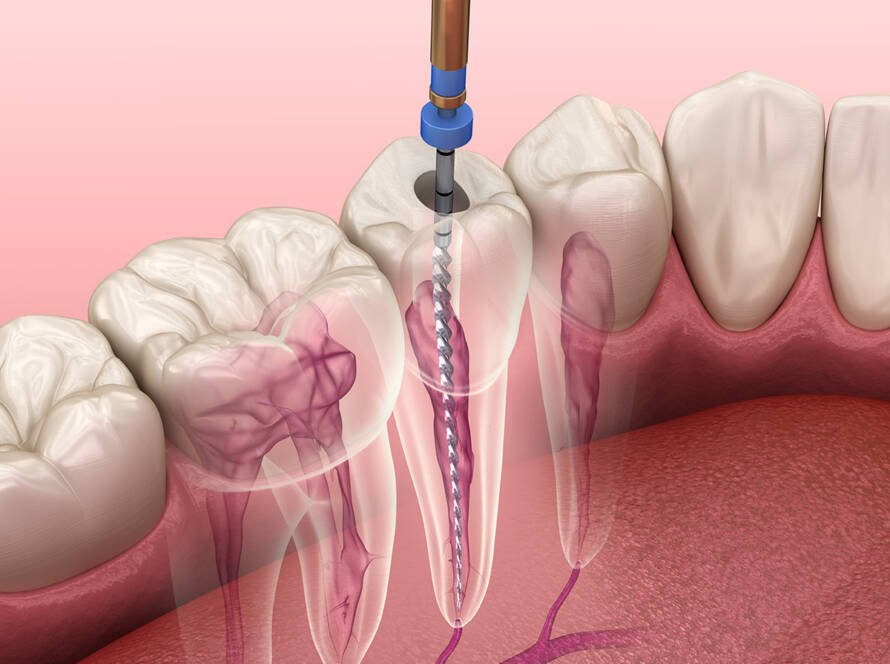
. At what age can a child be left to brush their own teeth without supervision?
Parents should oversee brushing and flossing their children’s teeth until they are old enough to do it by themselves. In general, children can brush on their own when they are 7 YO and can floss on their own when they are 10 YO.
- Why is it so important to look after baby teeth when they fall out anyway?
Baby teeth are very important. First, they are the natural space maintainers for permanent teeth. Losing a baby tooth early can cause the adjacent teeth to drift into the space left behind (area of less resistance). When this happens, there will be no space for the permanent tooth to grow. This may cause malocclusions.
Second, the root of the baby tooth is the pathway that guides the new permanent tooth to erupt. Basically, when the new tooth erupts, it gradually dissolves the roots of the baby tooth and then comes and replaces them. That is why when a baby tooth falls, you only see a crown and you do not see the roots.
Third, from when the child is age 6 until the age of 12, they have “mixed dentition’ which means they will have some baby teeth and some permanent teeth. Bacteria by nature is contagious and it spreads, so all the teeth, baby and new, are pooling in the same saliva that contains bacteria which puts the permanent teeth at risk of getting cavities.
- What are dental sealants? Do children need them? How often should they be applied?
The back teeth, the 6-year molars, and the 12-year molars, and in some cases, even the baby teeth, have deep grooves and pits, that make it difficult to brush them efficiently. Food gets easily stuck in them and they create areas where bacteria start to grow.
Dental sealant is a liquid that we apply on the chewing surfaces of the tooth and is dried with a curing light. Sealants make these areas “smooth” to lower the chances of cavities.
If they are done well, or if the child does not eat a lot of sticky food, they can last much longer.
- Is thumb-sucking bad for my child’s teeth?
Thumb-sucking is a bad habit. We usually recommend a pacifier to prevent babies from sucking their fingers.
Breaking the habit of pacifiers is easier on the parents than thumb-sucking. However, the use of pacifiers should be stopped by 18 months. There is a less likely chance of the baby sucking their fingers past this age.
We discourage the use of pacifiers or thumb sucking after one and a half years because this non-nutritive sucking exerts an extra force that “molds” the jaw to develop in the wrong way. Over time, it causes the upper jaw to be narrow and the upper teeth to be pushed forward putting it at risk of breakage.
These habits can cause a crossbite and may necessitate an orthodontic correction at an early age.


